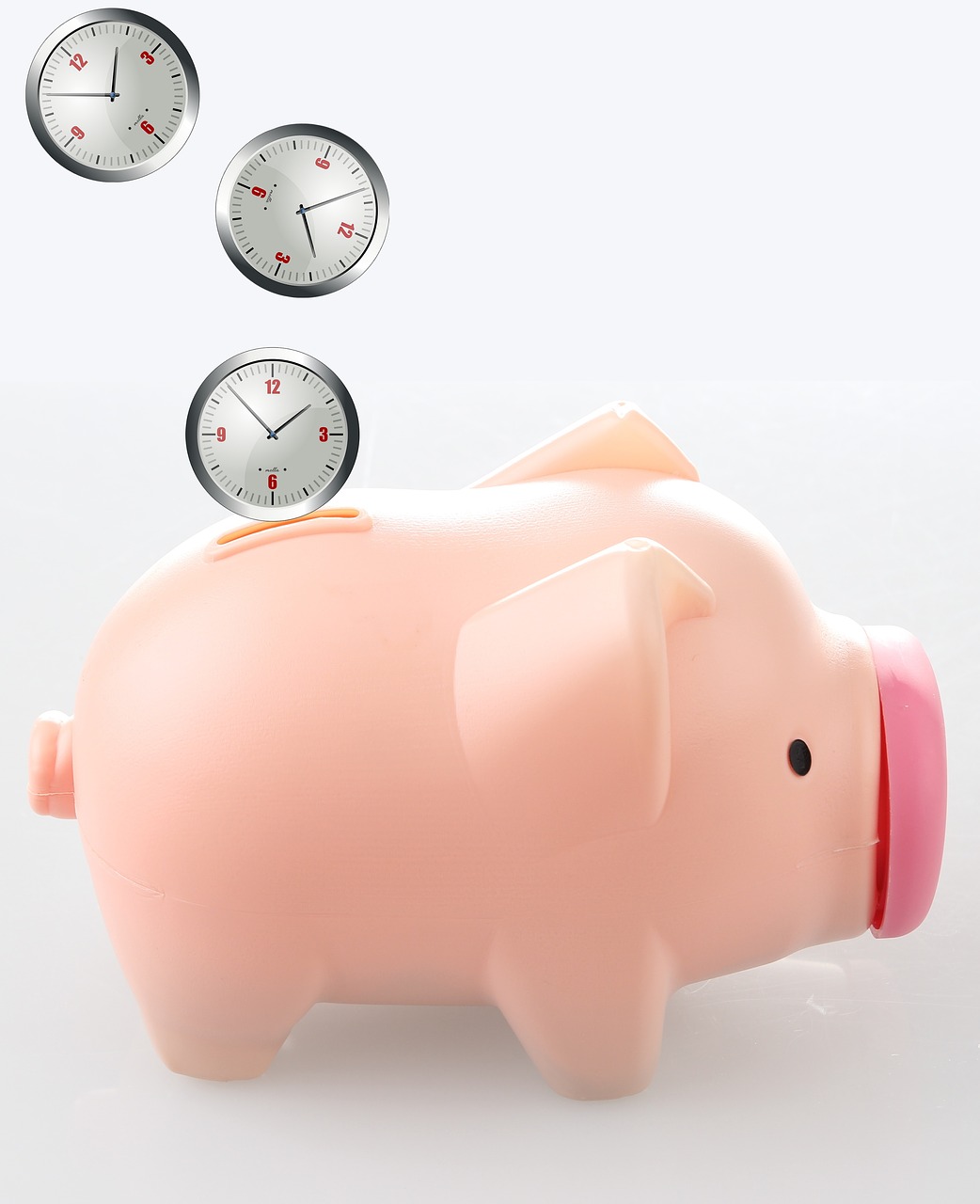Working 24/7 has been over-glorified in the entrepreneurial community. What we too often forget is what separates great entrepreneurs from good ones is: efficiency. If the Pareto principle tells us 80% of the effects-output comes from 20% of the causes-input, we have to ask ourselves if we’re really being productive or just staying busy?
Here are a few ways to increase your productivity so you can make the most out of your time and energy.
Establish Time Constraints
Prioritize. Putting time constraints on your smaller tasks ensures you’re not allocating more time and energy than necessary.
Spending an excessive amount of time on projects that should only take a couple minutes is a recipe for disaster. Keep low-impact meetings short and respect your time.
Know your productive window
How long can you focus on a single task? 20 – 30 minutes? An hour?
“Excessive focus exhausts the focus circuits in your brain. It can drain your energy and make you lose self-control. This energy drain can also make you more impulsive and less helpful. As a result, decisions are poorly thought-out, and you become less collaborative. Srini Pillay explains.
In keeping with recent research, both focus and unfocus are vital, according to Srini Pillay from Harvard Business School. The brain operates optimally when it toggles between focus and unfocus, allowing you to develop resilience, enhance creativity, and make better decisions too.”
So how do I balance my focus and produce better work? Take strategic breaks.
In 1999, Cornell University’s Ergonomics Research Laboratory used a computer program to remind workers to take short breaks. According to The Atlantic, the project concluded that “workers receiving the alerts [reminding them to stop working] were 13 percent more accurate on average in their work than coworkers who were not reminded.”
“Telling people to focus for 52 consecutive minutes and then to immediately abandon their desks for exactly 1,020 seconds might strike you as goofy advice,” The Atlantic wrote. “But this isn’t the first observational study to show that short breaks correlate with higher productivity.”
Plan the night before
This is a quick win: Put together a to-do list the day before. This can help you tremendously.
Create a prioritized to-do list and estimate how much time each task will take. “If it takes under two minutes to do something, it should be done immediately. The two-minute rule is a guideline, encompassing roughly the time it would take to formally defer the action.”
Write things down. Hold yourself accountable. Take strategic breaks. Focus on results.
Using an app like GSDFaster will help you stick to a method that increases productivity and drives results.
